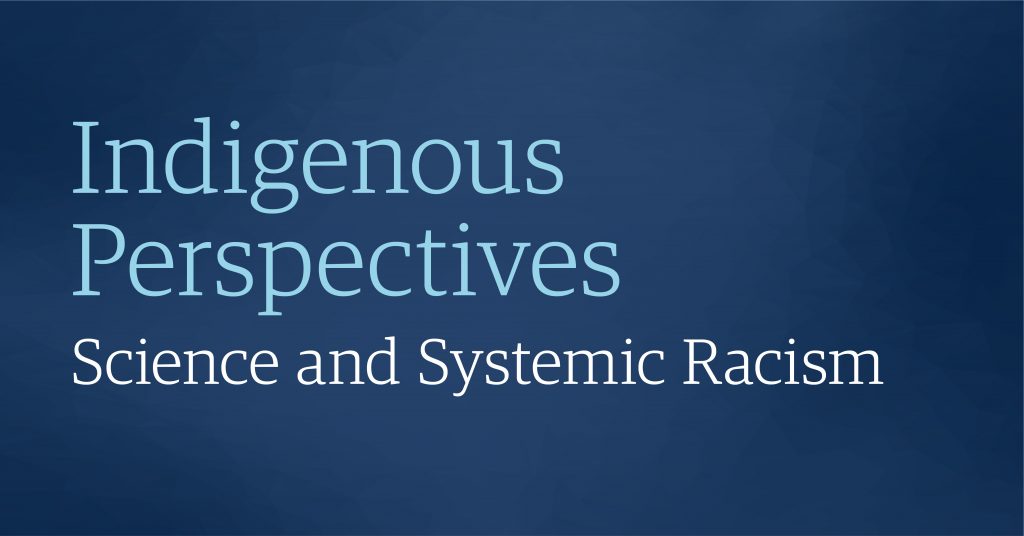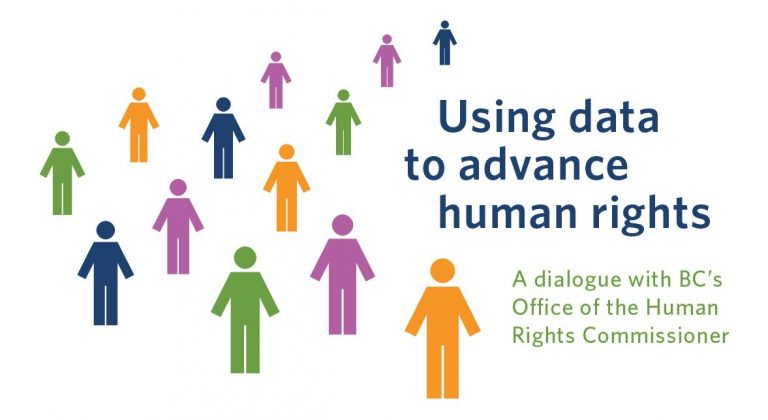
In part two of this three-part series discussing systemic racism in science, panelists Elder Albert Marshall, Mi’kmaw Nation; Dr. Jeannette Armstrong, Canada Research Chair in Okanagan Indigenous Knowledge and Philosophy, UBC Okanagan; and Aaron Prosper, graduate student, UPEI & project manager of the Nova Scotia Mi’kmaw Nation Cancer Care Strategy, will lead a discussion on Indigenous Perspectives and Science and Systemic Racism. The talk will be followed by a moderated Q&A.
watch the recording
Posted in News, Office of the Provost and Vice-President, Academic, Webinar | Tagged Homepage |
The UBC Okanagan Library is presenting a unique online author event celebrating the diversity of literature created by and for Two-Spirit and Indigiqueer people. This event features writers and creators T’áncháy Redvers and Joshua Whitehead in conversation.
Date: January 14, 2020
Time: 11 AM – 12:30 PM
Register Now
Posted in Library, News |

Join the Office of the Provost and Vice-President Academic, UBC Okanagan and the Office of the Vice-President, Health (UBC Health) for a webinar that will spark conversation between UBC and BC’s Office of the Human Rights Commissioner on the collection of disaggregated data to advance human rights.
watch the recording
Posted in Health, Office of the Provost and Vice-President, Academic, Webinar | Tagged Homepage |
Provost’s Speaker Series on Systemic Racism
Date: Thursday, November 26, 2020
Time: 9:00 am – 10:30 am PST | 12:00 – 1:30 pm EST
Format: Webinar; the conversation will be followed by a moderated Q&A.
Cost: Free, registration is required
This is the first of a three-part series. The first part features institutional responses; the second will feature indigenous scientists; the third will feature Black scientists.
In the world of science, systemic racism manifests itself in many ways. Addressing systemic racism therefore involves interrogating the fundamental assumptions about what constitutes excellence in scientific scholarship, how the criteria for such excellence is determined, pursued and validated, and how the major institutions support the pursuit of excellence. The current discussions on systemic racism have shone a light on the exclusions that lie beneath these processes and the kind of barriers they pose for racialized members of the academe.
Major institutions and actors involved in the pursuit of scientific scholarship have responded to these discussions in different ways. The speakers will discuss some of the approaches they are taking. Our hope is to learn from each other to better understand how we can all work together to support this endeavor.
Watch the Recording
Posted in News, Office of the Provost and Vice-President, Academic, Uncategorized, Webinar | Tagged Homepage |


